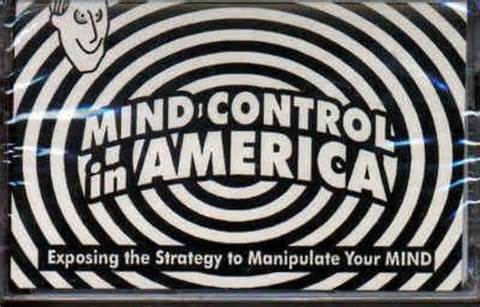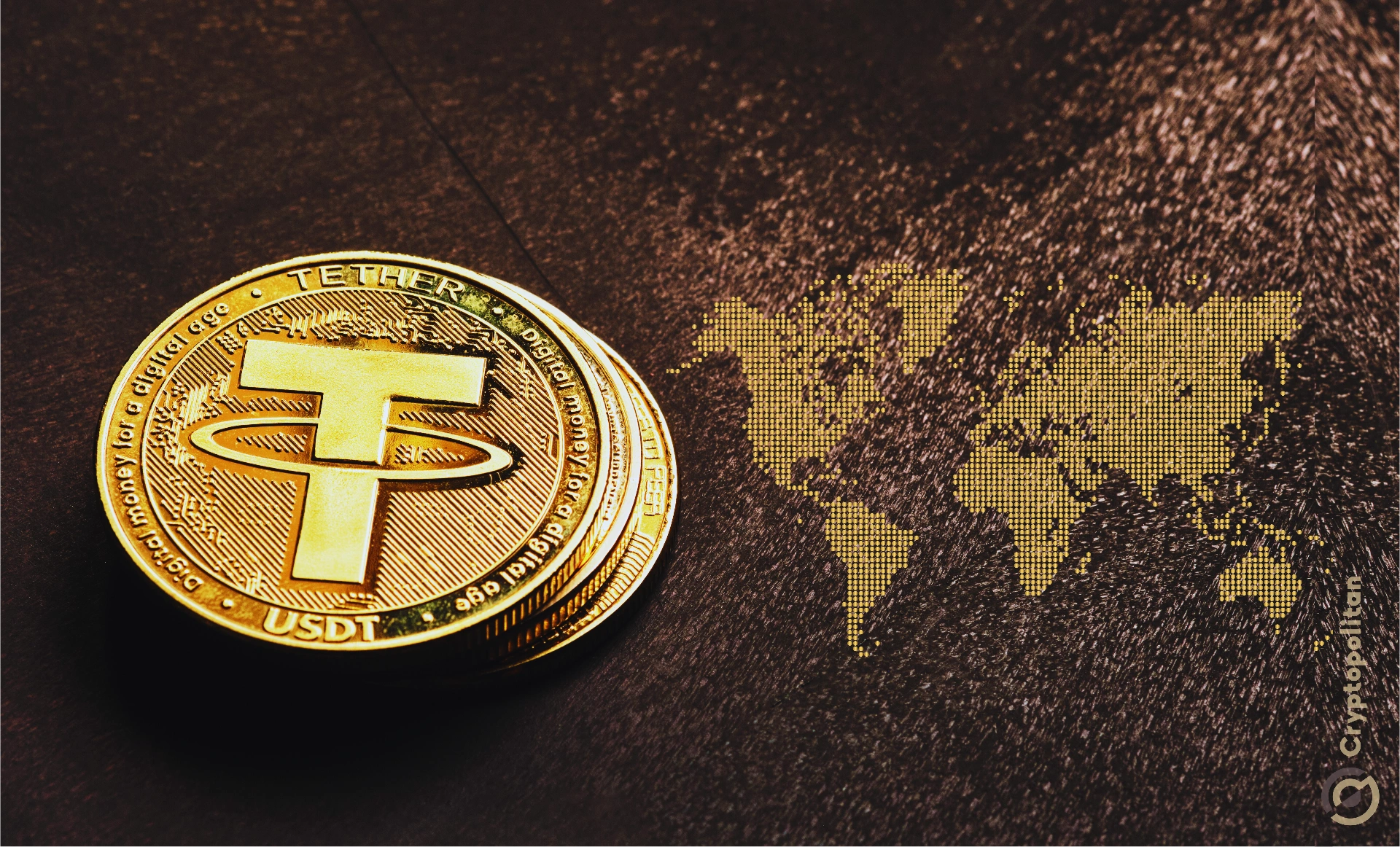Below is a holistic approach to help individuals critically assess and break free from cultural, media, and societal conditioning. This includes actionable steps, recommended readings, and online resources.
1. Cultivate Critical Thinking
Develop the ability to question narratives presented by the media, education systems, and societal norms.
Action Steps:
- Practice asking “Who benefits from this?” when consuming information.
- Seek multiple sources for any news story, including international outlets for a broader perspective.
Resources:
- Books:
- Critical Thinking: A Beginner’s Guide by Sharon M. Kaye
- Amusing Ourselves to Death by Neil Postman
- Websites:
2. Limit Media Consumption
The media is a primary tool for programming. Reducing consumption allows for independent thought.
Action Steps:
- Take regular breaks from mainstream news and social media.
- Identify media bias using tools like AllSides.
Books:
- Manufacturing Consent: The Political Economy of the Mass Media by Noam Chomsky and Edward Herman
- The Shallows: What the Internet Is Doing to Our Brains by Nicholas Carr
3. Educate Yourself About Propaganda
Understanding how propaganda works is crucial to recognizing and resisting it.
Action Steps:
- Study the history and techniques of propaganda.
- Compare narratives from different countries to spot cultural biases.
Books:
- Propaganda by Edward Bernays
- The Rape of the Mind: The Psychology of Thought Control by Joost A. M. Meerloo
- The Hidden Persuaders by Vance Packard
- Media Control: The Spectacular Achievements of Propaganda by Noam Chomsky
Websites:
4. Seek Independent and International News
American media often reflects specific political and corporate interests. Broaden your perspective by exploring diverse viewpoints.
Action Steps:
- Read non-American outlets like:
- BBC
- Al Jazeera
- The Guardian
- RT (to understand Russian perspectives)
- Support independent journalism through platforms like:
5. Disconnect from Consumerism
Consumerism is a form of control that encourages materialism over individuality and freedom.
Action Steps:
- Practice minimalism and reduce dependence on brands.
- Learn about the psychology of advertising to understand how companies manipulate emotions.
Books:
- The Story of Stuff by Annie Leonard
- Enough: Breaking Free from the World of Excess by John C. Bogle
6. Reclaim Your Education
Much of American programming starts with the education system. Expand your knowledge beyond traditional schooling.
Action Steps:
- Study alternative histories and perspectives.
- Explore topics like philosophy, economics, and sociology to gain deeper insight.
Books:
- Lies My Teacher Told Me: Everything Your American History Textbook Got Wrong by James W. Loewen
- A People’s History of the United States by Howard Zinn
- The Underground History of American Education by John Taylor Gatto
7. Explore Alternative Media and Content
Engage with content creators, books, and websites outside of the mainstream narrative.
Websites:
Podcasts:
- The Joe Rogan Experience (varied guests with alternative perspectives)
- Revolutions by Mike Duncan (historical insights)
- Unfcking The Republic* (political and social critiques)
8. Reconnect with Nature
Nature provides a counterbalance to media overload and modern societal pressures.
Action Steps:
- Spend time in nature regularly to clear your mind.
- Practice mindfulness and meditation to regain mental clarity.
Books:
- Last Child in the Woods by Richard Louv
- The Nature Fix by Florence Williams
9. Join Communities with Similar Goals
Connecting with like-minded individuals helps reinforce independent thinking.
Action Steps:
- Join online forums like Reddit’s r/CriticalThinking.
- Attend local discussion groups or book clubs focused on social critique and independent thought.
10. Practice Digital Detox
Technology often reinforces American programming through algorithms designed to maximize engagement.
Action Steps:
- Turn off notifications and limit screen time.
- Use privacy-focused tools like:
11. Examine and Reevaluate Core Beliefs
Many cultural beliefs and values are absorbed unconsciously.
Action Steps:
- Journal your thoughts and question your assumptions.
- Study philosophy to gain tools for self-reflection.
Books:
- Meditations by Marcus Aurelius
- The Courage to Be Disliked by Ichiro Kishimi and Fumitake Koga
Final Thoughts
De-brainwashing is a continuous process that requires awareness, education, and intentional action. By leveraging these tools and resources, you can build a more autonomous and critically aware mindset. Let me know if you’d like further recommendations or customized guidance!
For more thought-provoking insights and resources, visit BitlyFool.com.





